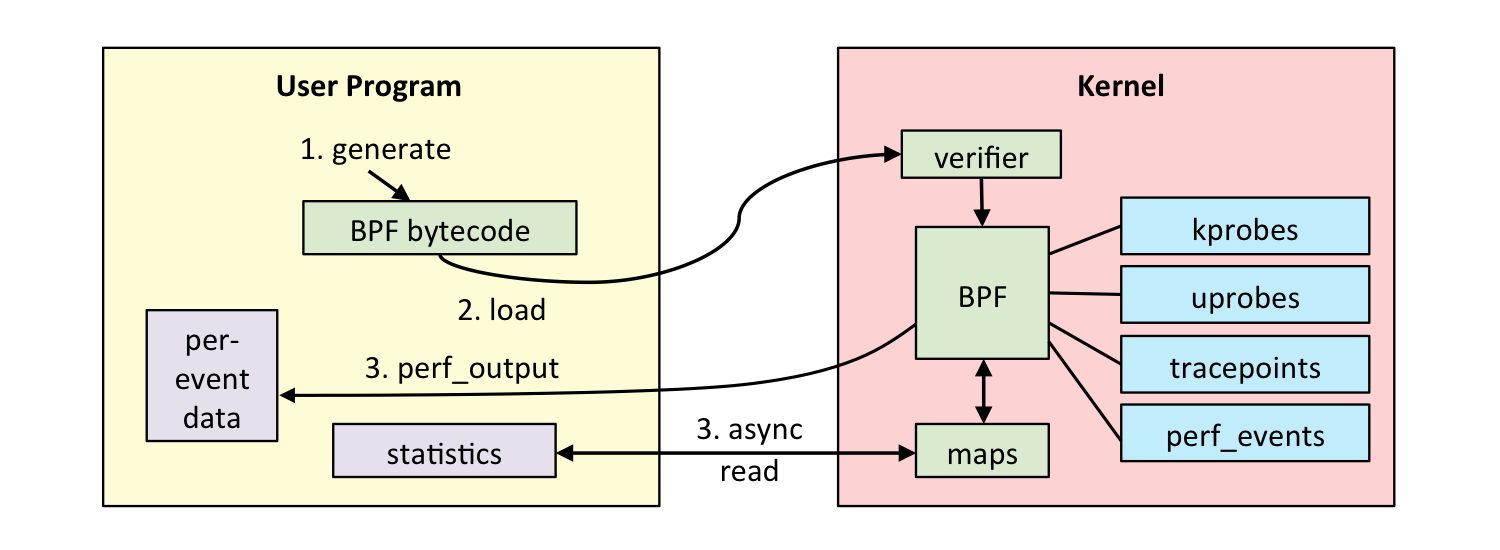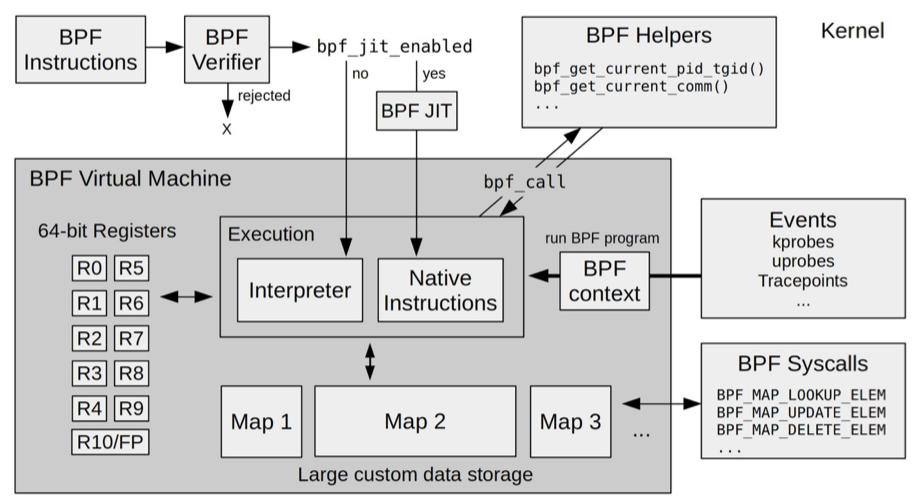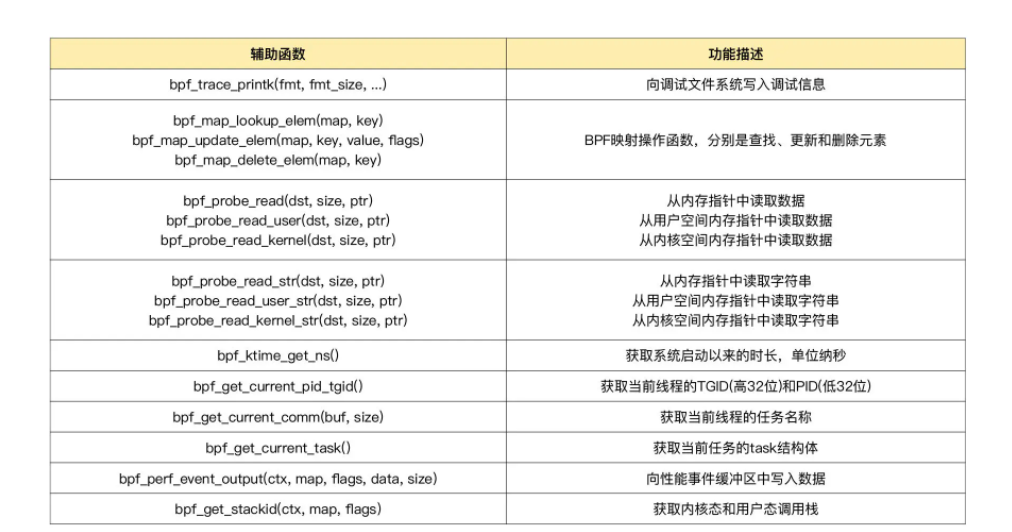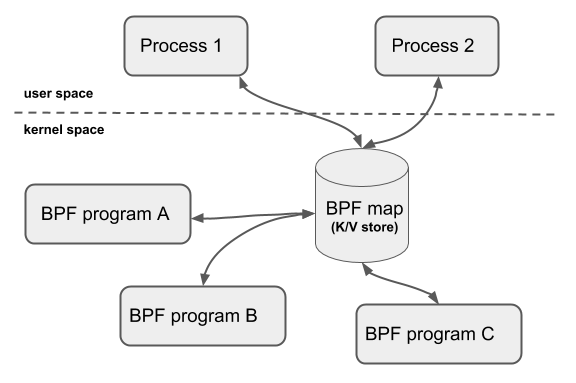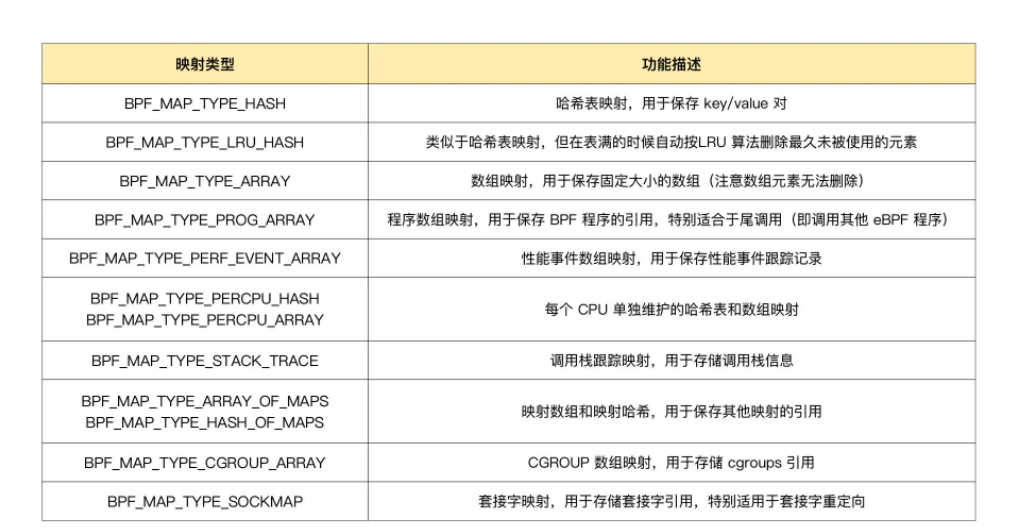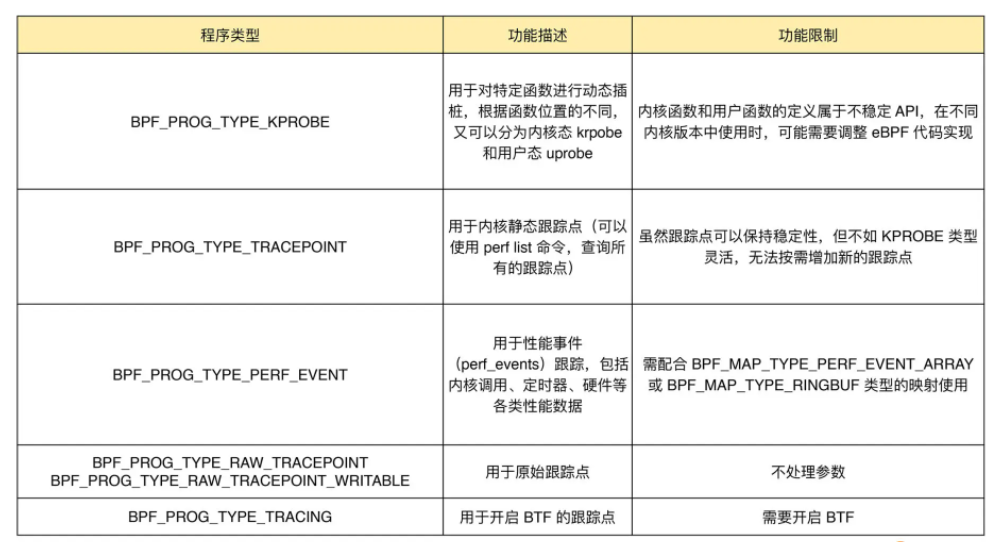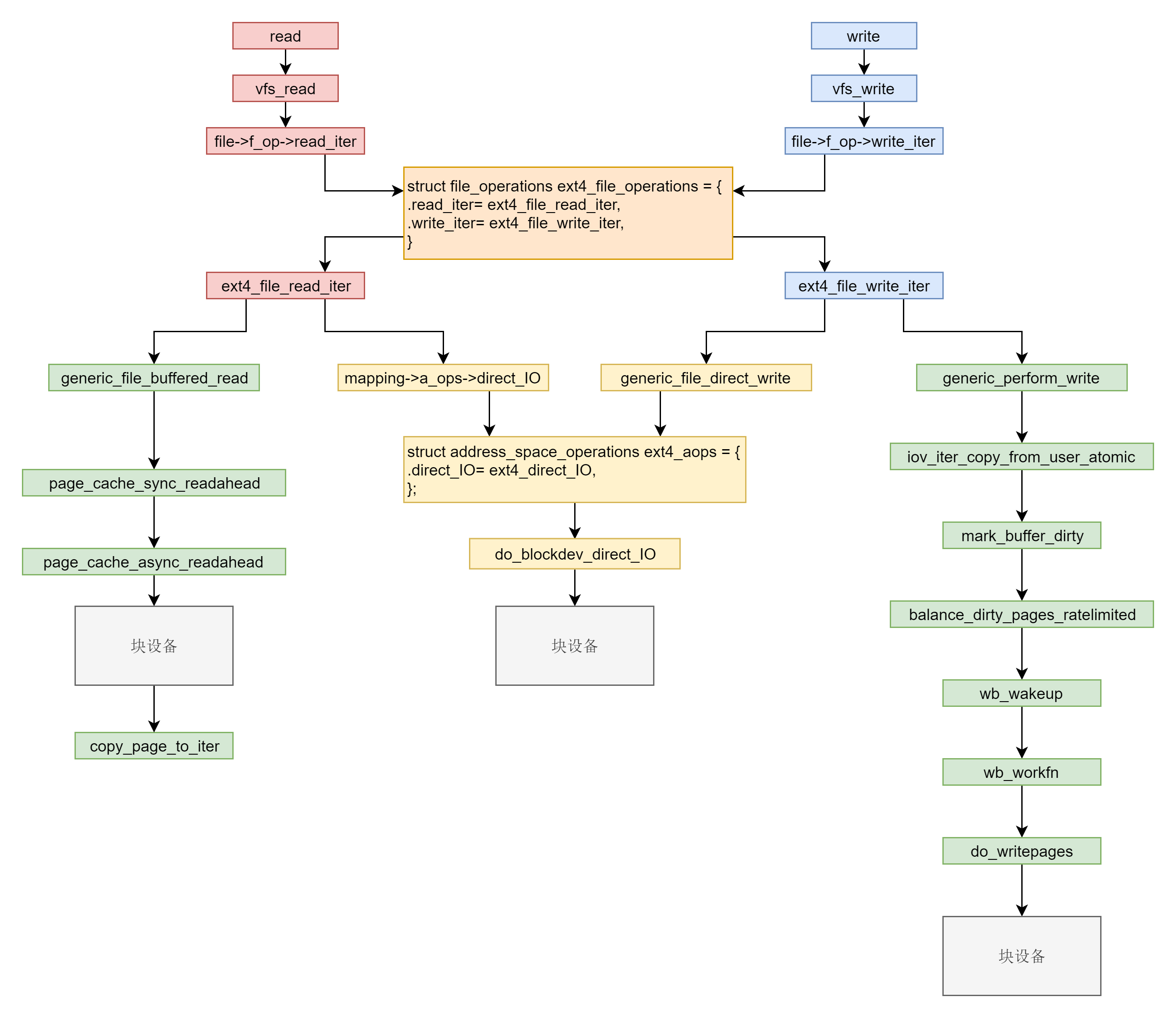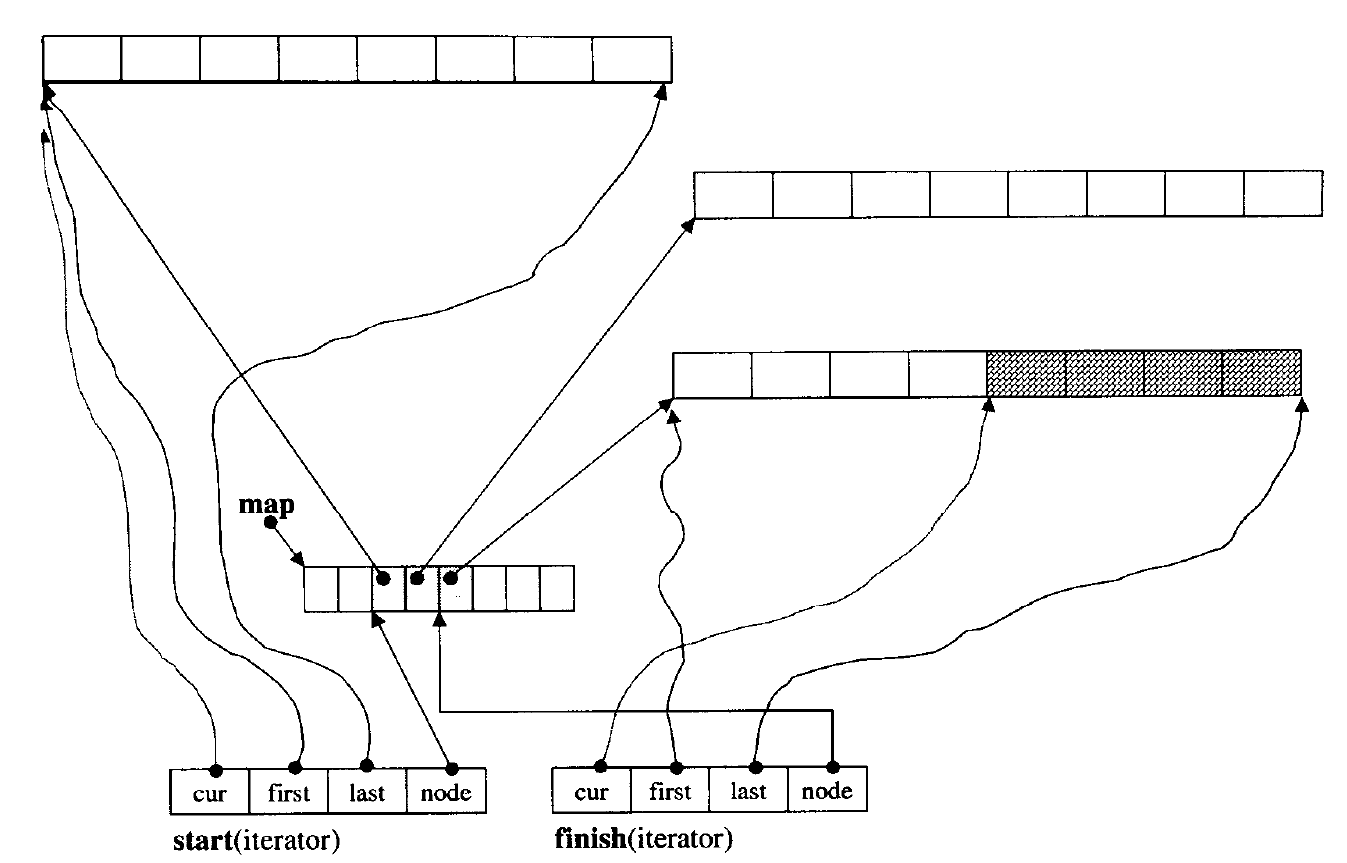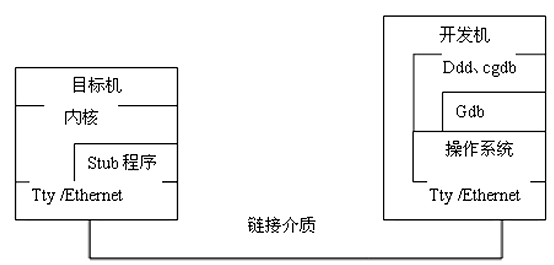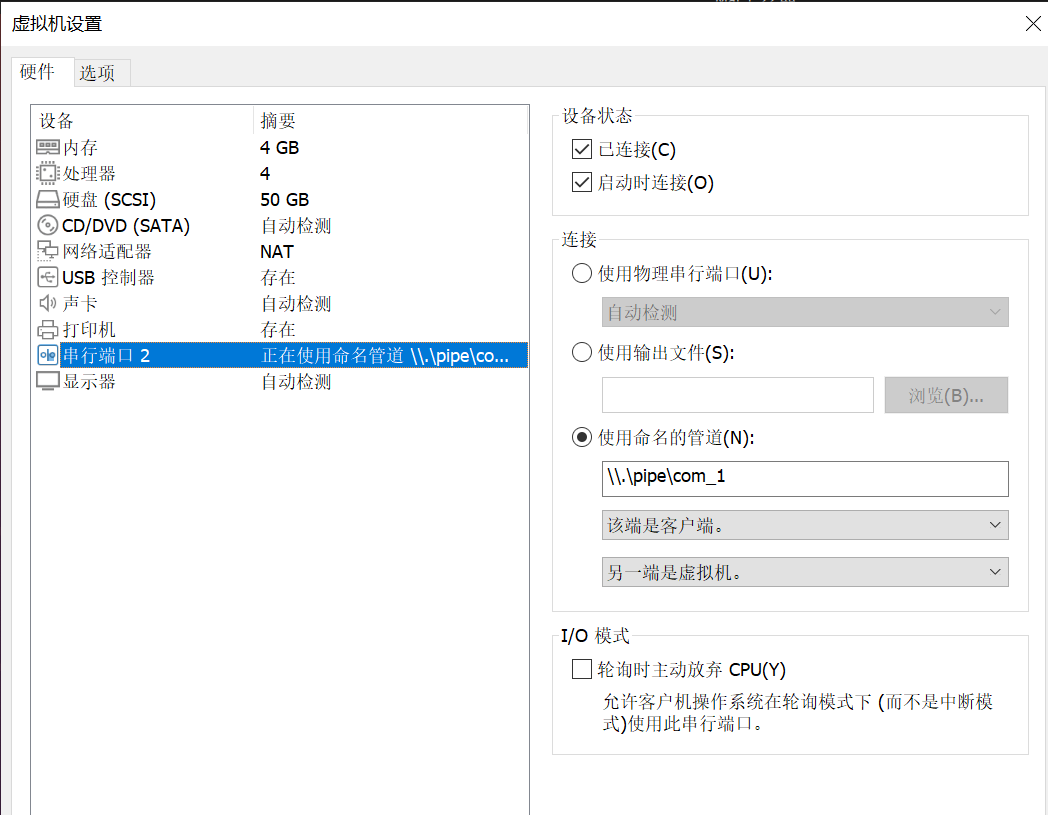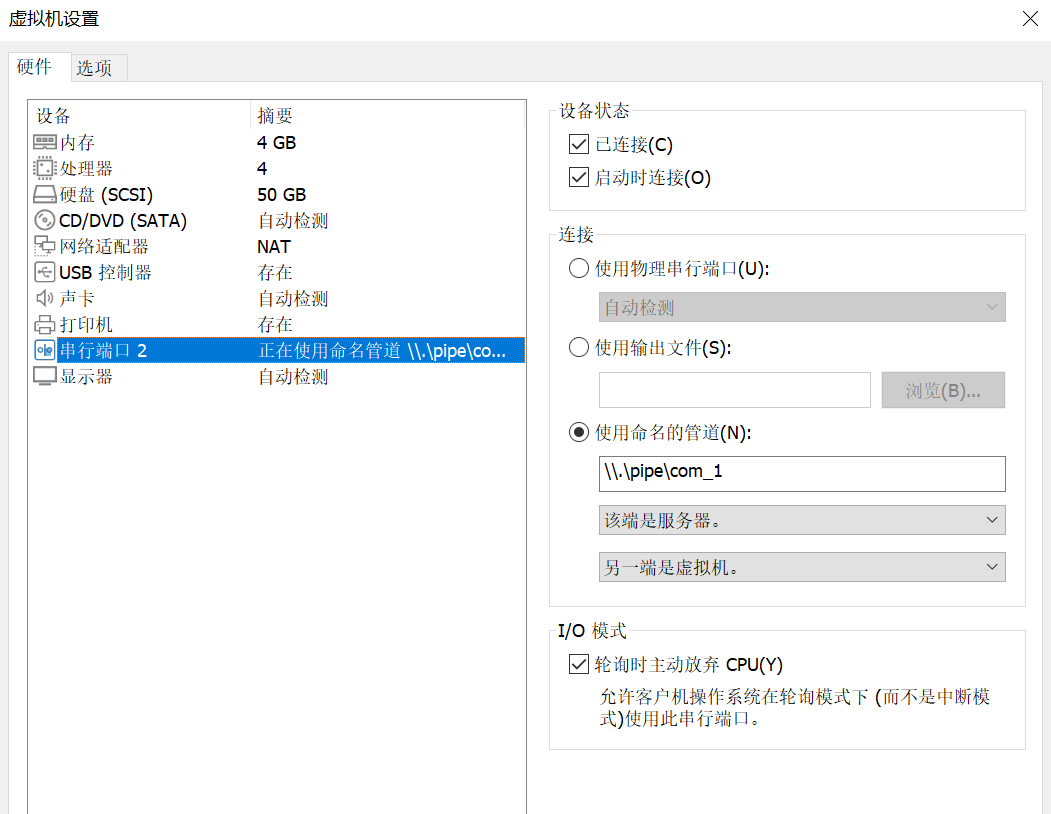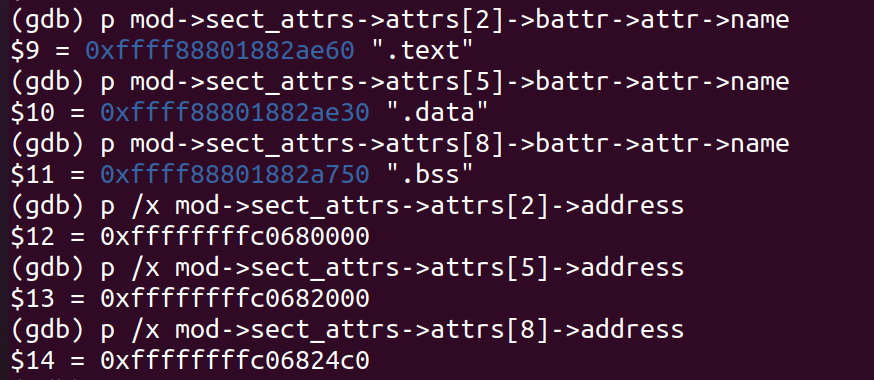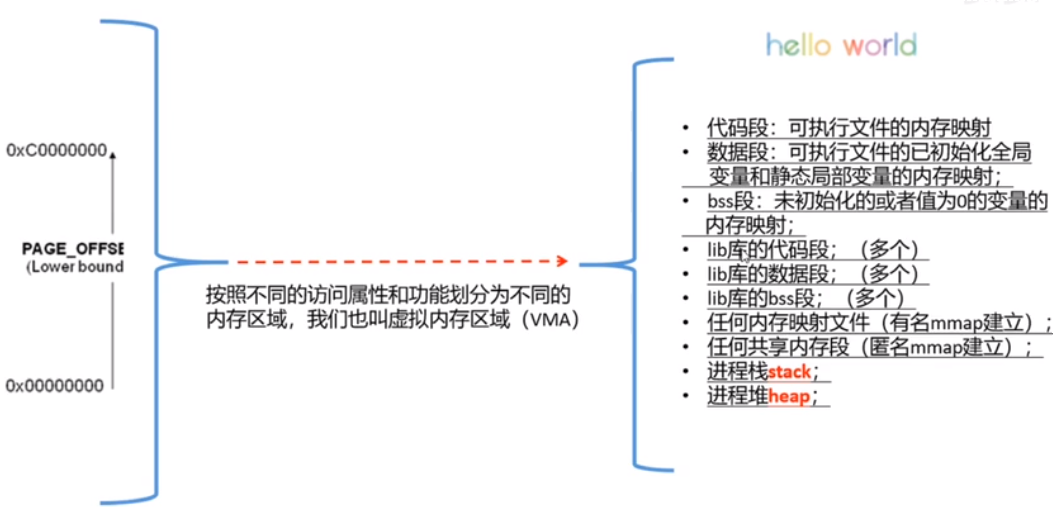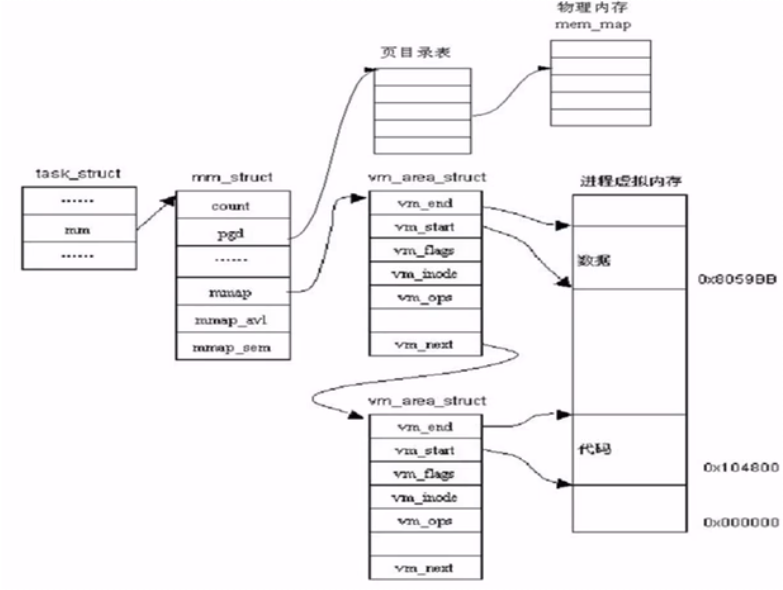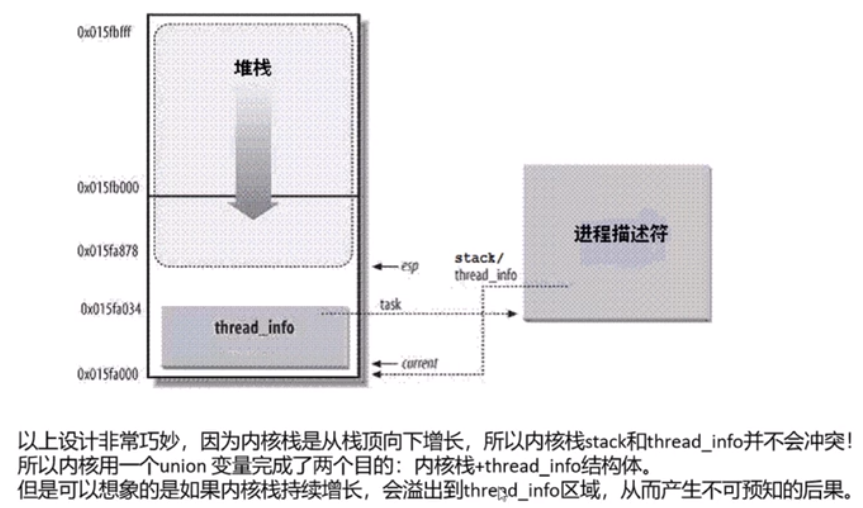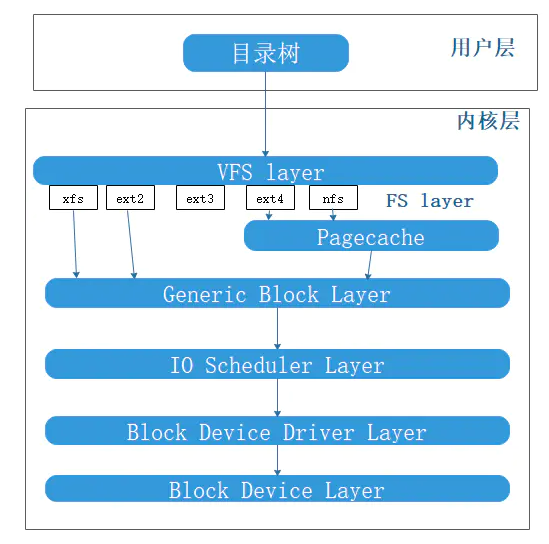调用关系分析 Muduo自顶向下
自顶向下分析muduo的调用逻辑
创建自己的业务server
创建自己的server类,包含了两个私有成员:EventLoop *loop_,TcpServer server_
实现on_message和on_connection,在构造函数里设置回调,设置线程数
main函数调用server.start()
server.start()会调用内部TcpServer的start,然后调用EventLoop的loop()。1 2 3 4 5 6 7 8 9 10 11 12 13 14 15 16 17 18 19 20 21 22 23 24 25 26 27 28 29 30 31 32 33 34 35 36 37 38 39 40 41 42 43 44 45 46 47 48 49 50 51 52 53 54 55 class EchoServer { public : EchoServer (EventLoop *loop, InetAddress &addr, string name) : server_ (loop, addr, name), loop_ (loop) { server_.set_connection_callback (bind (&EchoServer::on_connection, this , _1)); server_.set_message_callback (bind (&EchoServer::on_message, this , _1, _2, _3)); server_.set_thread_num (3 ); } void start () { server_.start (); loop_->loop (); } private : void on_connection (const TcpConnectionPtr &conn) { if (conn->connected ()) { LOG_INFO ("conn up: %s" , conn->get_peeraddr ().get_ip_port ().c_str ()); } else { LOG_INFO ("conn down: %s" , conn->get_peeraddr ().get_ip_port ().c_str ()); } } void on_message (const TcpConnectionPtr &conn, Buffer *buffer, TimeStamp time) { string msg = buffer->retrieve_all_asString (); conn->send (msg); } private : EventLoop *loop_; TcpServer server_; }; int main () EventLoop loop (1 ) ; InetAddress addr (8000 ) ; EchoServer server (&loop, addr, "echo 01" ) ; server.start (); return 0 ; }
TcpServer的start
业务server调用TcpServer的start
TcpServer有一个main Loop,一个线程池,池子里是所有的subReactor,每个线程也有自己的loop
1 2 3 4 5 6 7 8 9 void TcpServer::start () if (started_++ == 0 ) { thread_pool_->start (thread_init_callback_); loop_->run_in_loop (bind (&Acceptor::listen, acceptor_.get ())); } }
线程池的start 创建thread_nums个EventLoopThread,每个thread有自己的一个EventLoop,调用start_loop,返回的eventloop地址然后放到线程池的loops_数组中。
1 2 3 4 5 6 7 8 9 10 11 12 13 14 15 16 17 18 19 20 void EventLoopThreadPool::start (const ThreadInitCallback &callback) started_ = true ; if (thread_nums_ == 0 ) { callback (baseloop_); } else { for (int i = 0 ; i < thread_nums_; ++i) { char buffer[name_.size () + 32 ] = {0 }; snprintf (buffer, sizeof (buffer), "%s %d" , name_.c_str (), i); EventLoopThread *t = new EventLoopThread (callback, buffer); threads_.push_back (unique_ptr <EventLoopThread>(t)); loops_.push_back (t->start_loop ()); } } }
EventLoopThread的start_loop 1 2 3 4 5 6 7 8 9 10 11 12 13 14 15 16 17 EventLoop *EventLoopThread::start_loop () thread_.start (); EventLoop *loop = nullptr ; { unique_lock<mutex> lock (thread_mutex_) ; while (loop_ == nullptr ) { condition_.wait (lock); } loop = loop_; } return loop; }
里面再调用Thread的start
1 2 3 4 5 6 7 8 9 10 11 12 13 14 15 16 17 void Thread::start () started_ = true ; sem_t sem; sem_init (&sem, false , 0 ); thread_ = shared_ptr <thread>(new thread ([&]() { tid_ = Current_thread::tid (); sem_post (&sem); function_ (); })); sem_wait (&sem); }
这里会创建新的线程,然后新的线程里跑function_, function_实际就是初始化EventLoopThread时传入了的thread_function,在里面会创建EventLoop,然后进入EventLoop的while 1循环。
1 2 3 4 5 6 7 8 9 10 11 12 13 14 15 16 17 18 19 20 21 22 void EventLoopThread::thread_function () EventLoop loop (0 ) ; if (callback_function_) { callback_function_ (&loop); } { unique_lock<mutex> lock (thread_mutex_) ; loop_ = &loop; condition_.notify_one (); } loop.loop (); unique_lock<mutex> lock (thread_mutex_) ; loop_ = nullptr ; }
上面说的while 1循环就是调用poller的poll,然后填充active_channel,然后在使用channel来处理不同事件,比如读写的回调函数。
1 2 3 4 5 6 7 8 9 10 11 12 13 14 15 while (!quit_){ active_channels.clear (); poll_return_time_ = poller_->poll (k_poll_timeout, &active_channels); for (Channel *channel : active_channels) { channel->handle_event (poll_return_time_); } do_pending_functors (); }
然后main reactor会调用run_in_loop, 开启acceptor的listen
1 2 3 4 5 6 7 8 9 void Acceptor::listen () LOG_INFO ("Acceptor listen called!\n" ); listenning_ = true ; accept_socket_.listen (); accept_channel_.enable_reading (); }
Acceptor acceptor_是TcpServer类中的一个指针成员。包含两个关键成员:指向mainloop的指针,和用来管理listenfd的channel。
1 2 3 EventLoop *loop_; Channel accept_channel_;
当有新的连接到达时,Acceptor会执行new_connection的回调,里面会选择一个subreactor,创建一个新的connection,放到TcpServer的map里,然后,在这个subreactor里调用establish_connect,establish_connect会像Poller添加关于这个新连接fd的事件监听。
1 2 3 4 5 6 7 8 9 10 11 12 13 14 15 16 17 18 19 20 21 22 23 24 25 26 27 28 29 30 31 32 33 34 35 36 37 38 void TcpServer::new_connection (int sockfd, const InetAddress &peeraddr) LOG_INFO ("new connection callback called\n" ); EventLoop *ioloop = thread_pool_->get_nextEventLoop (); char buffer[BUFFER_SIZE64] = {0 }; snprintf (buffer, sizeof (buffer), "-%s#%d" , ip_port_.c_str (), next_conn_id_); ++next_conn_id_; string conn_name = name_ + buffer; LOG_INFO ("tcp server:: new connection[%s] - new connection[%s] from %s\n" , name_.c_str (), conn_name.c_str (), peeraddr.get_ip_port ().c_str ()); sockaddr_in local; bzero (&local, sizeof (local)); socklen_t addrlen = sizeof (local); if (::getsockname (sockfd, (sockaddr *)&local, &addrlen) < 0 ) { LOG_ERROR ("new connection get localaddr error\n" ); } InetAddress localaddr (local) ; TcpConnectionPtr conn (new TcpConnection(ioloop, conn_name, sockfd, localaddr, peeraddr)) ; connections_[conn_name] = conn; conn->set_connection_callback (connection_callback_); conn->set_message_callback (message_callback_); conn->set_write_complete_callback (write_complete_callback_); conn->set_close_callback (bind (&TcpServer::remove_connection, this , _1)); ioloop->run_in_loop (bind (&TcpConnection::establish_connect, conn)); }
看下run_in_loop怎么实现的:
1 2 3 4 5 6 7 8 9 10 11 12 void EventLoop::run_in_loop (Functor cb) if (is_in_loopThread ()) { cb (); } else { queue_in_loop (cb); } }
模块分析 Reactor
EventLoop 1 2 3 4 5 6 7 8 9 10 11 12 13 14 15 16 class EventLoop : boost::noncopyable { public : EventLoop (); ~EventLoop (); void loop () void assertInLoopThread () if (!isInLoopThread ()) { abortNotInLoopThread (); } } bool isInLoopThread () const return threadId_ == CurrentThread::tid (); } private : void abortNotInLoopThread () bool looping_; const pid_t threadId_; };
构造函数会检查当前线程是否创建了EventLoop对象,如果已经创建了就返回错误。这是one loop per thread的要求,一个IO线程只能有一个EventLoop对象。
Channel 用来管理各种callback,比如对于readcallback:
TimerQueue用它来读timerfd
EventLoop用来读eventfd
TcpServer/Acceptor用来读listening socket
TcpConnection 用它来读Tcp socket
1 2 3 4 5 6 7 8 9 10 11 12 13 14 15 16 17 18 19 20 21 22 23 24 25 26 27 28 29 30 31 32 33 34 35 36 37 class Channel : boost::noncopyable { public : typedef boost::function<void ()> EventCallback; Channel (EventLoop *loop, int fd); void handleEvent () void setReadCallback (const EventCallback &cb) void setWriteCallback (const EventCallback &cb) void setErrorCallback (const EventCallback &cb) int fd () const return fd_; } int events () const return events_; } void set_revents (int revt) bool isNoneEvent () const return events_ == kNoneEvent; } void enableReading () events_ |= kReadEvent; update (); } int index () return index_; } void set_index (int idx) EventLoop *ownerLoop () { return loop_; } private : void update () static const int kNoneEvent; static const int kReadEvent; static const int kWriteEvent; EventLoop *loop_; const int fd_; int events_; int revents_; int index_; EventCallback readCallback_; EventCallback writeCallback_; EventCallback errorCallback_; };
每个channel只属于一个EventLoop,因此每个channel只属于一个IO线程,每个Channel对象自始至终只负责一个文件描述符的IO事件分发,Channel把不同的IO线程分发为不同的回调,例如ReadCallback、writeCallback等,回调用boost::function。后面的TcpConnection是对Channel的更上层封装,用户一般不使用channel。
由于channel的成员函数只能在IO线程使用,所以更新成员函数不用加锁。
1 2 3 4 5 6 7 8 9 10 11 12 13 14 15 16 17 18 19 20 21 22 23 24 25 26 27 28 29 30 31 32 const int Channel::kNoneEvent = 0 ;const int Channel::kReadEvent = POLLIN | POLLPRI;const int Channel::kWriteEvent = POLLOUT;Channel::Channel (EventLoop *loop, int fdArg) : loop_ (loop), fd_ (fdArg), events_ (0 ), revents_ (0 ), index_ (-1 ) { } void Channel::update () loop_->updateChannel (this ); } void Channel::handleEvent () if (revents_ & POLLNVAL) { LOG_WARN << "Channel::handle_event() POLLNVAL" ; } if (revents_ & (POLLERR | POLLNVAL)) { if (errorCallback_) errorCallback_ (); } if (revents_ & (POLLIN | POLLPRI | POLLRDHUP)) { if (readCallback_) readCallback_ (); } if (revents_ & POLLOUT) { if (writeCallback_) writeCallback_ (); } }
updata()会调用eventloop的updateChannel
1 2 3 4 5 6 7 8 9 10 11 12 13 14 15 16 17 18 19 20 21 22 23 ``` void Channel::handleEvent() 是Channel的核心,由EventLoop::loop()调用,根据revents_的值分别调用不同的用户回调。 ```c++ void EventLoop::loop() { assert(!looping_); assertInLoopThread(); looping_ = true; quit_ = false; while (!quit_) { activeChannels_.clear(); poller_->poll(kPollTimeMs, &activeChannels_); for (ChannelList::iterator it = activeChannels_.begin(); it != activeChannels_.end(); ++it) { (*it)->handleEvent(); } } LOG_TRACE << "EventLoop " << this << " stop looping"; looping_ = false; }
Poller Poller是IO 多路复用的封装。
1 2 3 4 5 6 7 8 9 10 11 12 13 14 15 16 17 18 19 20 21 22 23 24 25 26 27 28 29 class Poller : boost::noncopyable { public : typedef std::vector<Channel *> ChannelList; Poller (EventLoop *loop); ~Poller (); Timestamp poll (int timeoutMs, ChannelList *activeChannels) ; void updateChannel (Channel *channel) void assertInLoopThread () assertInLoopThread (); } private : void fillActiveChannels (int numEvents, ChannelList *activeChannels) const typedef std::vector<struct pollfd> PollFdList; typedef std::map<int , Channel *> ChannelMap; EventLoop *ownerLoop_; PollFdList pollfds_; ChannelMap channels_; };
Channel提供了fd到Channel*的映射,poll()不会在每次调用前构造pollfd数组,而是把它缓存到follfds_里。
1 2 3 4 5 6 7 8 9 10 11 12 13 14 Timestamp Poller::poll (int timeoutMs, ChannelList *activeChannels) { int numEvents = ::poll (&*pollfds_.begin (), pollfds_.size (), timeoutMs); Timestamp now (Timestamp::now()) ; if (numEvents > 0 ) { LOG_TRACE << numEvents << " events happended" ; fillActiveChannels (numEvents, activeChannels); } else if (numEvents == 0 ) { LOG_TRACE << " nothing happended" ; } else { LOG_SYSERR << "Poller::poll()" ; } return now; }
poll是Poller的核心功能,调用poll(2)获取当前活动的IO事件,然后放入activeChannels中(fillActiveChannels)。
1 2 3 4 5 6 7 8 9 10 11 12 13 14 15 16 17 18 19 20 21 22 23 24 25 void Poller::fillActiveChannels (int numEvents, ChannelList *activeChannels) const for (PollFdList::const_iterator pfd = pollfds_.begin (); pfd != pollfds_.end () && numEvents > 0 ; ++pfd) { if (pfd->revents > 0 ) { --numEvents; ChannelMap::const_iterator ch = channels_.find (pfd->fd); assert (ch != channels_.end ()); Channel *channel = ch->second; assert (channel->fd () == pfd->fd); channel->set_revents (pfd->revents); activeChannels->push_back (channel); } } } struct pollfd { int fd; short int events; short int revents; };
fillActiveChannels() 先遍历了缓存的pollfds_,判断pollfd是否有事件发生,如果有事件,则根据ChannelMap找到该fd对应的Channel,放到activeChannels中。
poll完之后,eventloop会handleEvent。
一个点是,这里不能边遍历pollfds,一边handleEvents,因为handleEvents会添加或删除Channel,从而造成pollfds数组大小改变。另一个原因是Poller的职责是多路复用,并不负责事件分发。
1 2 3 4 5 6 7 8 9 10 11 12 13 14 15 16 17 18 19 20 21 22 23 24 25 26 27 28 29 30 void Poller::updateChannel (Channel *channel) assertInLoopThread (); LOG_TRACE << "fd = " << channel->fd () << " events = " << channel->events (); if (channel->index () < 0 ) { assert (channels_.find (channel->fd ()) == channels_.end ()); struct pollfd pfd; pfd.fd = channel->fd (); pfd.events = static_cast <short >(channel->events ()); pfd.revents = 0 ; pollfds_.push_back (pfd); int idx = static_cast <int >(pollfds_.size ()) - 1 ; channel->set_index (idx); channels_[pfd.fd] = channel; } else { assert (channels_.find (channel->fd ()) != channels_.end ()); assert (channels_[channel->fd ()] == channel); int idx = channel->index (); assert (0 <= idx && idx < static_cast <int >(pollfds_.size ())); struct pollfd &pfd = pollfds_[idx]; assert (pfd.fd == channel->fd () || pfd.fd == -1 ); pfd.events = static_cast <short >(channel->events ()); pfd.revents = 0 ; if (channel->isNoneEvent ()) { pfd.fd = -1 ; } } }
updateChannel()负责维护和更新pollfds_数组。为什么说插入删除是logN?
定时器 muduo的定时器实现用了三个类,TimerId、Timer、TimerQueue。
TimerQueue 有了Reactor的基础,在EventLoop加上定时器功能。现代Linux中有timerfd,可以用和处理IO事件相同的方式来处理定时。传统reactor通过控制select和poll的等待事件来实现定时。
1 2 3 4 5 6 7 8 9 10 11 12 13 14 15 16 17 18 19 20 21 22 23 24 25 26 27 28 29 30 31 32 33 34 35 36 37 38 class TimerQueue : boost::noncopyable { public : TimerQueue (EventLoop *loop); ~TimerQueue (); TimerId addTimer (const TimerCallback &cb, Timestamp when, double interval) private : typedef std::pair<Timestamp, Timer *> Entry; typedef std::set<Entry> TimerList; void handleRead () std::vector<Entry> getExpired (Timestamp now) ; void reset (const std::vector<Entry> &expired, Timestamp now) bool insert (Timer *timer) EventLoop *loop_; const int timerfd_; Channel timerfdChannel_; TimerList timers_; };
TimerQueue提供了两个接口addTimer()和cancel(),只能在它所属的IO线程调用,所以不用加锁。
addTimer()提供给EventLoop使用。EventLoop会把addTimer()封装为更好用的runAt()、runAfter()、runEvery()等函数。
TimerQueue需要管理未到期的Timer,能快速根据当前时间找到已经到期的Timer,同时能高效添加和删除Timer。
EventLoop的改动 新增几个调用定时器的接口。
EventLoop::runInLoop()函数 在IO线程内执行某个用户任务回调。
TCP网络库 Acceptor acceptor用来accept新的TCP连接,并通过回调通知使用者。这个类是TcpServer使用的。
1 2 3 4 5 6 7 8 9 10 11 12 13 14 15 16 17 18 19 20 21 22 class Acceptor : boost::noncopyable { public : typedef boost::function<void (int sockfd, const InetAddress &)> NewConnectionCallback; Acceptor (EventLoop *loop, const InetAddress &listenAddr); void setNewConnectionCallback (const NewConnectionCallback &cb) bool listenning () const return listenning_; } void listen () private : void handleRead () EventLoop *loop_; Socket acceptSocket_; Channel acceptChannel_; NewConnectionCallback newConnectionCallback_; bool listenning_; };
TcpServer 管理accept得到的连接,直接给框架的用户使用。用户只需要设置好callback,然后调用start
1 2 3 4 5 6 7 8 9 10 11 12 13 14 15 16 17 18 19 20 21 22 23 24 25 26 27 28 29 30 31 32 33 34 35 36 37 38 39 40 41 42 43 44 45 46 47 48 49 50 51 52 53 54 55 56 57 58 59 60 class TcpServer : boost::noncopyable { public : TcpServer (EventLoop *loop, const InetAddress &listenAddr); ~TcpServer (); void setThreadNum (int numThreads) void start () void setConnectionCallback (const ConnectionCallback &cb) void setMessageCallback (const MessageCallback &cb) void setWriteCompleteCallback (const WriteCompleteCallback &cb) private : void newConnection (int sockfd, const InetAddress &peerAddr) void removeConnection (const TcpConnectionPtr &conn) void removeConnectionInLoop (const TcpConnectionPtr &conn) typedef std::map<std::string, TcpConnectionPtr> ConnectionMap; EventLoop *loop_; const std::string name_; boost::scoped_ptr<Acceptor> acceptor_; boost::scoped_ptr<EventLoopThreadPool> threadPool_; ConnectionCallback connectionCallback_; MessageCallback messageCallback_; WriteCompleteCallback writeCompleteCallback_; bool started_; int nextConnId_; ConnectionMap connections_; };
内部使用acceptor管理新连接的fd。持有目前存活的TcpConnection的shared_ptr。
TcpConnetction 包含了这个连接对应的socket,和对应的channel
1 2 3 4 5 6 7 8 9 10 11 12 13 14 15 16 17 18 19 20 21 22 23 24 25 26 27 28 29 30 31 32 33 34 35 36 37 38 39 40 41 42 43 44 45 46 47 48 49 50 51 52 53 54 55 56 57 58 59 60 61 62 63 64 65 66 67 68 69 70 71 72 73 74 75 76 77 78 79 80 81 class TcpConnection : boost::noncopyable,public boost::enable_shared_from_this<TcpConnection> { public : TcpConnection (EventLoop *loop, const std::string &name, int sockfd, const InetAddress &localAddr, const InetAddress &peerAddr); ~TcpConnection (); EventLoop *getLoop () const { return loop_; } const std::string &name () const return name_; } const InetAddress &localAddress () return localAddr_; } const InetAddress &peerAddress () return peerAddr_; } bool connected () const return state_ == kConnected; } void send (const std::string &message) void shutdown () void setTcpNoDelay (bool on) void setConnectionCallback (const ConnectionCallback &cb) void setMessageCallback (const MessageCallback &cb) void setWriteCompleteCallback (const WriteCompleteCallback &cb) void setCloseCallback (const CloseCallback &cb) void connectEstablished () void connectDestroyed () private : enum StateE { kConnecting, kConnected, kDisconnecting, kDisconnected, }; void setState (StateE s) void handleRead (Timestamp receiveTime) void handleWrite () void handleClose () void handleError () void sendInLoop (const std::string &message) void shutdownInLoop () EventLoop *loop_; std::string name_; StateE state_; boost::scoped_ptr<Socket> socket_; boost::scoped_ptr<Channel> channel_; InetAddress localAddr_; InetAddress peerAddr_; ConnectionCallback connectionCallback_; MessageCallback messageCallback_; WriteCompleteCallback writeCompleteCallback_; CloseCallback closeCallback_; Buffer inputBuffer_; Buffer outputBuffer_; };
TcpConnection使用Channel来获得socket上的IO事件。
Buffer Buffer是非阻塞Tcp网络编程比不可少的东西。在TcpConnection中作为输入输出缓冲。
多线程TcpServer EventLoopThreadPool 多线程TcpServer自己的EventLoop只用来接受新连接,而新连接会用其他EventLoop来执行IO。
1 2 3 4 5 6 7 8 9 10 11 12 13 14 15 16 17 18 19 20 21 class EventLoopThreadPool : boost::noncopyable { public : EventLoopThreadPool (EventLoop *baseLoop); ~EventLoopThreadPool (); void setThreadNum (int numThreads) void start () EventLoop *getNextLoop () ; private : EventLoop *baseLoop_; bool started_; int numThreads_; int next_; boost::ptr_vector<EventLoopThread> threads_; std::vector<EventLoop *> loops_; };
TcpServer每次新建一个TcpConnection就会调用getNextLoop()来取得一个Event-Loop。
使用io_uring的改写 muduo原生支持epoll和poll两种poller,都是为Poller基类派生出来,现在派生出一种新的Poller,叫UringPoller如下,包含了uring需要的资源,如sqe,cqe, 然添加新的接口:
add_accept
add_socket
add_socket_write
add_provide_buf
都是向sqe队列中添加读写事件,等待内核完成后返回给cqe队列。
基于iouring实现新的Poller 1 2 3 4 5 6 7 8 9 10 11 12 13 14 15 16 17 18 19 20 21 22 23 24 25 26 27 28 29 30 31 32 33 34 class UringPoller : public Poller{ public : UringPoller (EventLoop *loop); ~UringPoller () override ; TimeStamp poll (int timeout, ChannelList *active_channels) override ; void update_channel (Channel *channel) void remove_channel (Channel *channel) private : void fill_active_channels (int events_num, ChannelList *active_channels) void add_accept (Channel* channel, struct sockaddr *client_addr, socklen_t *client_len, unsigned flags) void add_socket_read (Channel* channel, unsigned gid, size_t message_size, unsigned flags) void add_socket_write (Channel* channel, unsigned flags, const string &buf) void add_provide_buf (__u16 bid, unsigned gid) private : static const int k_init_eventList_size_ = 16 ; private : conn_info* conns; char bufs_[BUFFERS_COUNT][MAX_MESSAGE_LEN] = {0 }; int group_id_ = 1337 ; struct io_uring_params params_; struct io_uring ring_; struct io_uring_sqe *sqe_; unsigned count; struct io_uring_cqe *cqes_[BACKLOG]; };
使用UringPoller 以add_socket_read为例:
1 2 3 4 5 6 7 8 9 10 void TcpConnection::establish_connect () set_state (k_connected); channel_->tie (shared_from_this ()); channel_->enable_reading (); printf ("get fd from channel fd = %d\n" ,channel_->get_fd ()); loop_->poller_->add_socket_read (channel_.get (), 1337 , 0 , 0 ); connection_callback_ (shared_from_this ()); }
这里自己定义了一个结构体conn_info,把这个结构体放在sqe的user_data域里,等内核处理完成后,返回的cqe队列也会有这个conn_info,这样就能知道那个channel发生了(完成了)事件。
1 2 3 4 5 6 typedef struct conn_info { __u32 fd; __u16 event; __u16 bid; Channel* channel; } conn_info;
1 2 3 4 5 6 7 8 9 10 11 12 13 14 void UringPoller::add_socket_read (Channel* channel, unsigned gid, size_t message_size, unsigned flags) int fd = channel->get_fd (); conn_info *conn_i = &conns[fd]; printf ("add_socket_read:fd = %d\n" ,fd); struct io_uring_sqe *sqe = io_uring_get_sqe (&ring_); io_uring_prep_recv (sqe, fd, NULL , 0 , 0 ); io_uring_sqe_set_flags (sqe, flags); sqe->buf_group = gid; conn_i->fd = fd; conn_i->event = READ; conn_i->channel = channel; io_uring_sqe_set_data (sqe, conn_i); }
UringPoller的poll实现 对于UringPoller,实现poll成员函数:
1 2 3 4 5 6 7 8 9 10 11 12 13 14 15 16 17 18 19 20 21 TimeStamp UringPoller::poll (int timeout, ChannelList *active_channels) count++; int ret = io_uring_submit_and_wait (&ring_, 0 ); if (ret < 0 ) { printf ("Returned from io is %d\n" , errno); perror ("Error io_uring_submit_and_wait\n" ); LOG_ERROR ("%s" , "io_uring failure" ); exit (1 ); } int cqe_count = io_uring_peek_batch_cqe (&ring_, cqes_, sizeof (cqes_) / sizeof (cqes_[0 ])); TimeStamp now (TimeStamp::now()) ; if (cqe_count > 0 ) { LOG_INFO ("%d events happened \n" , cqe_count); fill_active_channels (cqe_count, active_channels); } return now; }
